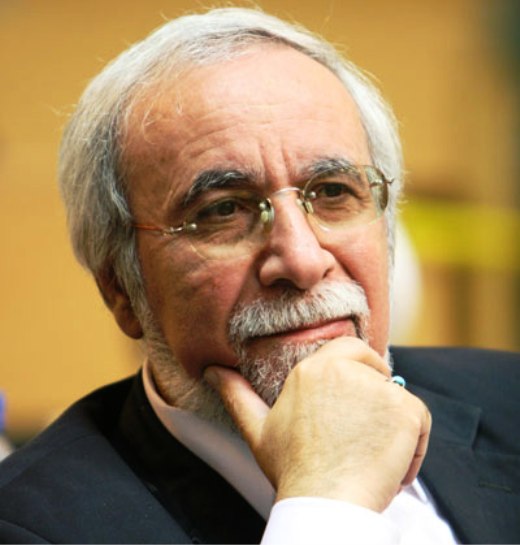Following a recent summit of the Shanghai Cooperation Organization (SCO) in Tajikistan, there has been a spike in debates on whether Iran should become a full member of the regional grouping. Dr. Sabah Zanganeh, a veteran diplomat and a foreign policy expert, wrote a piece in Arman-e Emrooz daily on Saturday (September 13) on the issue, advising Iranian officials to think twice before taking steps toward becoming a full member of SCO. The following is the translation of the piece:
A closer look at how the Shanghai Cooperation Organization came into being reveals that China and Russia pioneered the treaty as part of efforts to meet their policy needs and move in tandem with international developments. On the one hand, Russia was bent on bringing together the newly-independent republics of the former Soviet Union following the collapse of USSR. On the other hand, China sought to find new economic markets for its products.
In fact, Iran had no place in the initial composition of the organization and when Tehran was given the green-light to become a member, it attended the meetings of the Shanghai Cooperation Organization only as an observer. As time passed the economic nature of the organization was replaced with a political, security and even military status.
Iran is now at a crossroads. First, it has to decide whether to boost its cooperation with this organization. Second, it has to pick an organization or a treaty whose members are interested in having Tehran in their ranks.
After the Islamic Revolution, “Neither Eastern, Nor Western,” became the pillar of Iran’s foreign policy. In light of the fact that the Shanghai Cooperation Organization is turning into an eastern alliance, Iran will have to be careful in its decisions about any future steps. Eastern is a concept which is defined in relation to Western and membership of the group may amount to taking sides with the East against the West.
Before becoming a full member of the organization, Iran has to weigh what serves its national interests and make full use of the information that is available. Iran’s post-revolution experience shows that the West has always been somewhat neglectful of Iran, and the East has been careless in its dealings with Iran.
To choose a future path, [officials] need to answer the following questions: Does Iran’s national might need other powers to make its presence felt on the world stage? Won’t maintaining neutrality and simply tapping the existing potential serve our national interests better? Will joining one camp in tandem with efforts to maintain national independence serve our interests?
If joining the Shanghai Cooperation Organization is a political tactic, the stage should be set in a way that makes flexibility possible down the line.
